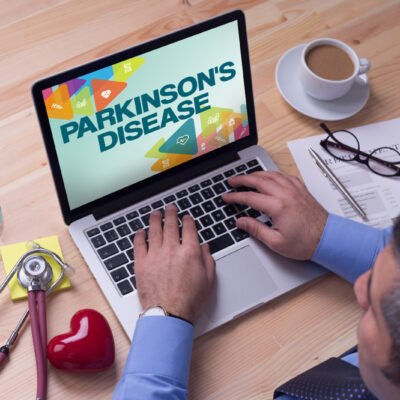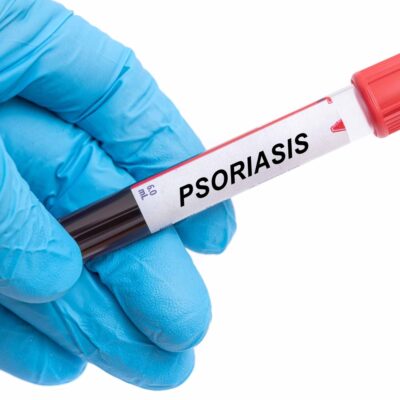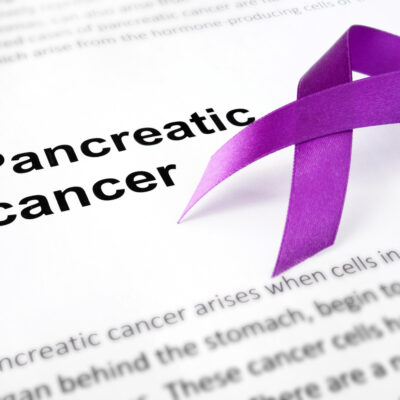
Health
8 Foods That Help With Depression
Clinical depression is a mental health disorder that affects millions of people every year. It can cause feelings of sadness, hopelessness, and worthlessness that can be difficult to overcome. It can interfere with your ability to work, study, eat, sleep, and enjoy life. While there are many treatments available for depression, some people may also benefit from making dietary changes. Here are eight foods that can help improve your mood and alleviate symptoms of depression: 1. Fermented foods Fermented foods, such as yogurt and sauerkraut, contain probiotics. Probiotics are live bacteria that have been shown to improve mental health by reducing inflammation in the body and improving mood. Additionally, these foods are a good source of omega-3 fatty acids, which are also linked to improved mental health. 2. Dark chocolate Dark chocolate contains flavonoids, which are compounds that have anti-inflammatory and antioxidant effects. These natural compounds have also been shown to act as antidepressants by increasing levels of neurotransmitters like serotonin and dopamine—also known as the “happiness hormones”—in the brain. 3. Spinach and Swiss chard Spinach and Swiss chard are leafy green vegetables that are high in folate. Folate is a water-soluble vitamin that helps the body produce neurotransmitters, which are chemicals that play a role in mood regulation.
Read More 















